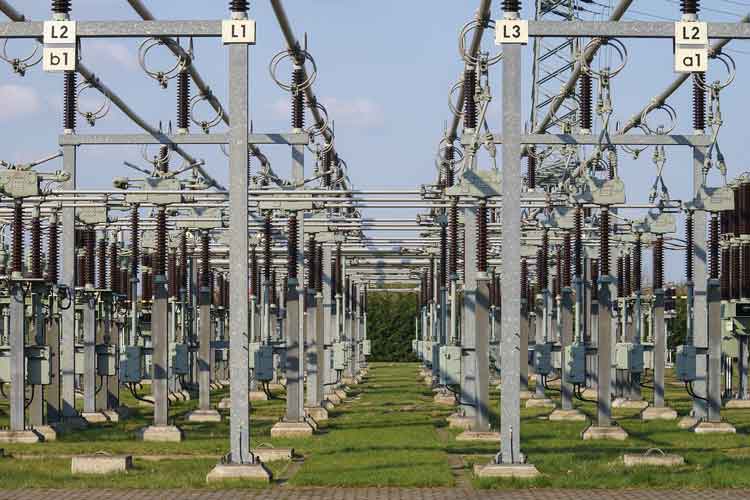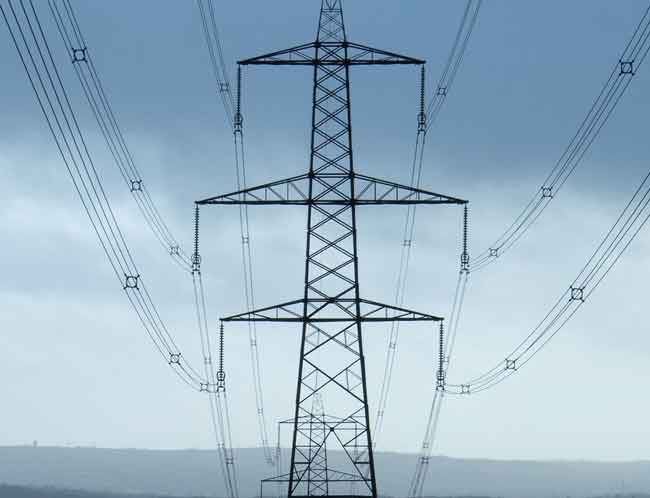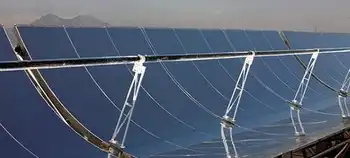New FERC Office to focus on cyber security
By Federal Energy Regulatory Commission
NFPA 70e Training - Arc Flash
Our customized live online or in‑person group training can be delivered to your staff at your location.

- Live Online
- 6 hours Instructor-led
- Group Training Available
The new Office of Energy Infrastructure Security OEIS will provide leadership, expertise and assistance to the Commission to identify, communicate and seek comprehensive solutions to potential risks to FERC-jurisdictional facilities from cyber attacks and such physical threats as electromagnetic pulses.
"Creating this office allows FERC to leverage its existing resources with those of other government agencies and private industry in a coordinated, focused manner,” Wellinghoff said. "Effective mitigation of cyber and other physical attacks requires rapid interactions among regulators, industry and federal and state agencies." OEIS will focus on: • Developing recommendations for identifying, communicating and mitigating potential cyber and physical security threats and vulnerabilities to FERC-jurisdictional energy facilities using the Commission’s existing statutory authority
• Providing assistance, expertise and advice to other federal and state agencies, jurisdictional utilities and Congress in identifying, communicating and mitigating potential cyber and physical threats and vulnerabilities to FERC-jurisdictional energy facilities
• Participating in interagency and intelligence-related coordination and collaboration efforts with appropriate federal and state agencies and industry representatives on cyber and physical security matters related to FERC-jurisdictional energy facilities including, but not limited to, participating in conferences, workshops and classified briefings and,
• Conducting outreach with private sector owners, users and operators of energy delivery systems regarding identification, communication and mitigation of cyber and physical threats to FERC-jurisdictional energy facilities.
To continue the CommissionÂ’s oversight of reliability of the nation's bulk power system, FERC will continue to work closely with the North American Electric Reliability Corporation NERC, the national electric reliability organization certified by FERC, through this reorganization.
OEIS will be led by Joseph McClelland, who has been Director of the Office of Electric Reliability since its formation in 2006. The Office of Electric Reliability will be led by Ted Franks, who will serve as Acting Director.











